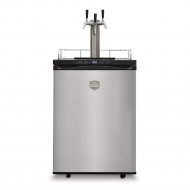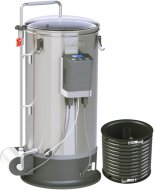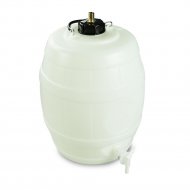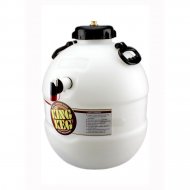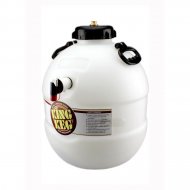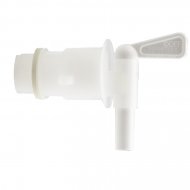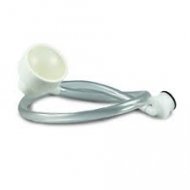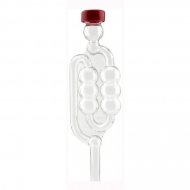Sign up to the Brew Mart newsletter for the latest news, offers & more
Please note that Brew Mart will be closed on Saturday, 5th July, AND Saturday, 12th July. Thank you.
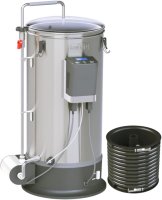
Beer Brewing Equipment
Get your hands on top-quality home brewing beer equipment and supplies in the UK. Brew Mart offers a wide range of home brew beer equipment and homebrewing beer equipment to help you brew the perfect batch every time.
Discover top-quality home brewing beer equipment and supplies in the UK. Explore Brew Marts selection of home brew beer equipment and homebrewing beer equipment for your next brewing project.
Beer brewing equipment is essential for anyone interested in home brewing beer. In the UK, beer brewing supplies are readily available for enthusiasts looking to craft their own beer at home.
Home brew beer equipment encompasses a wide range of tools and materials, from fermenters and kettles to bottling equipment and ingredients like malt and hops.
Homebrew beer equipment allows individuals to experiment with different brewing techniques and create unique flavors, all within the comfort of their own home. For those passionate about homebrewing beer, having the right equipment is crucial to the brewing process.
From the initial stages of mashing and boiling to the final steps of fermentation and bottling, the quality of the equipment directly impacts the quality of the beer.
As a result, investing in reliable home brewing beer equipment is a significant consideration for anyone serious about producing high-quality beer. Fortunately, beer brewing supplies in the UK cater to both beginners and seasoned homebrewers. Whether one is in need of basic home brew beer equipment or advanced homebrew beer equipment, there is a wide selection available to suit varying needs and preferences.
Additionally, the accessibility of homebrewing beer equipment allows individuals to pursue their interest in brewing without the constraints of commercial brewing facilities.
In conclusion, home brewing beer equipment and beer brewing supplies in the UK play a pivotal role in the growing community of homebrewers. The availability of home brew beer equipment and homebrew beer equipment empowers individuals to explore the art of brewing and unleash their creativity in crafting distinctive, flavourful beers. With the right equipment at hand, anyone can embark on a rewarding journey of homebrewing beer and produce beverages that reflect their personal taste and style.












